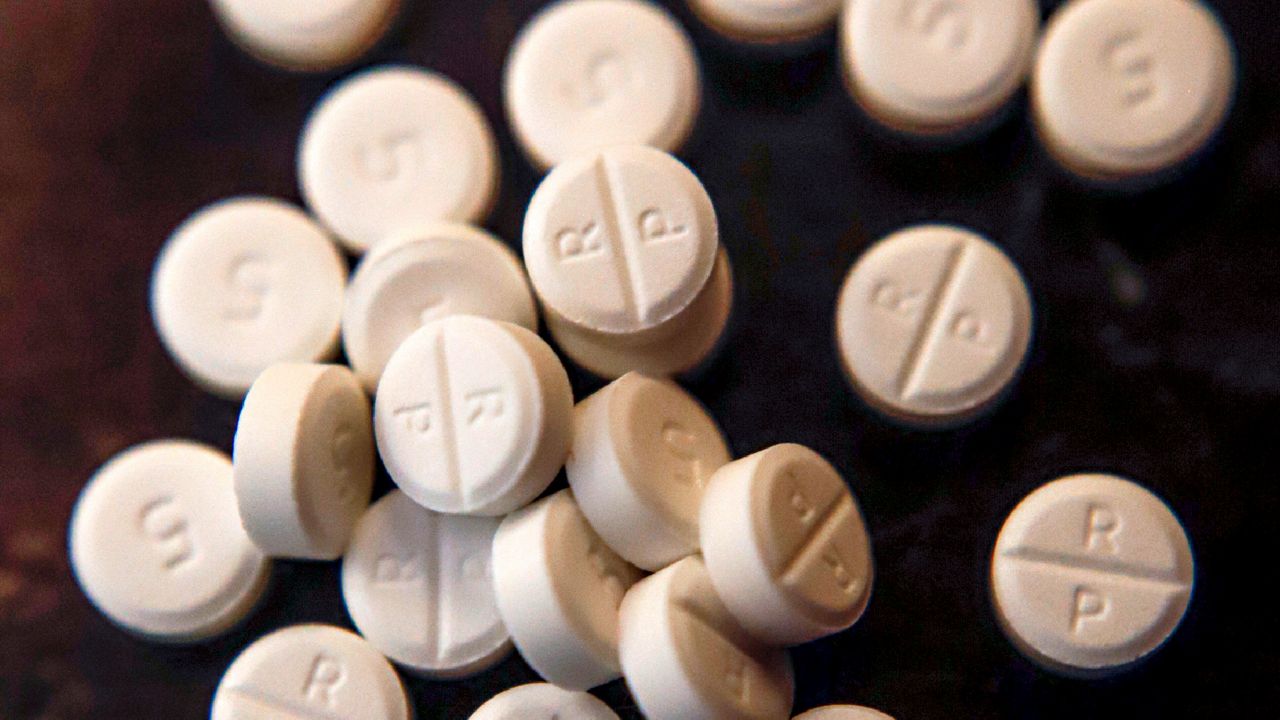LOUISVILLE, Ky. — The Drug Enforcement Administration will host its 23rd National Prescription Drug Take Back Day on Saturday, Oct. 29 from 10 a.m.m to 2 p.m. The event offers anonymous disposal of unneeded medications at more than 4,000 local drop-off locations nationwide.
For more than a decade, the DEA’s National Prescription Drug Take Back Day has provided an easy, no-cost opportunity to dispose of medicines stored in the home that are susceptible to misuse and theft.
Opioid misuse remains at epidemic levels in the U.S. According to a report published by the Substance Abuse and Mental Health Services Administration (SAMHSA), a majority of people who misused a prescription medication obtained the medicine from a family member or friend.
“I encourage everyone across the country to dispose of unneeded medications to help keep our communities safe and healthy,” said DEA Administrator Anne Milgram. “The Take Back campaign is part of DEA’s continued efforts to combat the drug poisoning epidemic and protect the safety and health of communities across the United States.”
The Centers for Disease Control and Prevention estimates that in the United States, approximately 107,622 people died as the result of a drug poisoning last year. This means that someone in the United States is dying of a drug poisoning every five minutes.
On Saturday, Oct. 29, DEA and its partners will collect tablets, capsules, patches and other forms of prescription drugs. Collection sites will not accept syringes, sharps, and illicit drugs. Liquid products, such as cough syrup, should remain sealed in their original container. The cap must be tightly sealed to prevent leakage. The event will also continue to accept vaping devices and cartridges provided lithium batteries are removed.
A location finder and partner toolbox are available at www.DEATakeBack.com for easy reference to nearby collection sites. Beyond DEA’s Take Back Day, there are also opportunities to regularly and safely dispose of unneeded medications at close to 15,000 pharmacies, hospitals, and businesses prescription disposal locations. In addition, many police departments provide year-round drop boxes.



